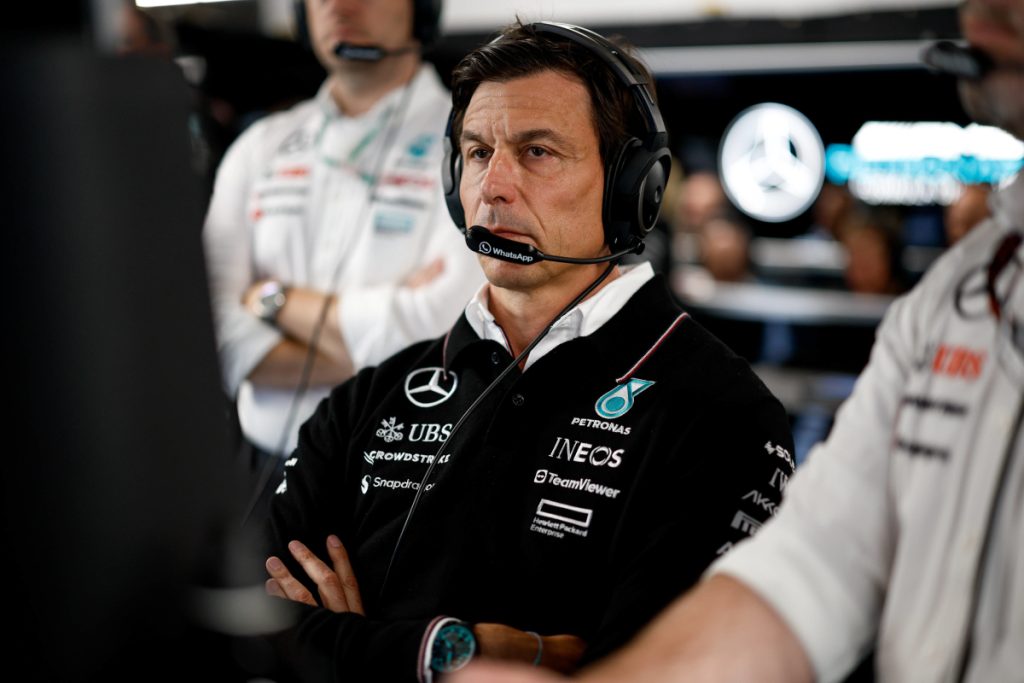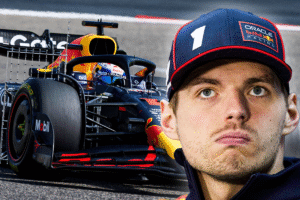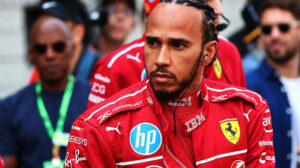Breaking News: Wolff Claims $450 Million is Insufficient in Stunning F… read more

Breaking News: Wolff Claims $450 Million is Insufficient in Stunning F… read more
Toto Wolff, the Team Principal and CEO of the Mercedes-AMG Petronas Formula One Team, has made waves in the F1 world by declaring that the $450 million budget cap imposed by the sport’s governing body is insufficient to maintain the competitiveness of top teams. His statement, which came as a surprise to many, has sparked considerable debate regarding the financial structure of Formula 1 and its impact on team operations and innovation.
The budget cap, introduced in 2021 as part of F1’s efforts to control rising costs and level the playing field between larger, wealthier teams and smaller, less-funded competitors, was set at $145 million initially, with plans to rise incrementally. For 2023, this figure has increased to $450 million, which, according to Wolff, still falls short when it comes to developing the cutting-edge technology and performance capabilities needed to stay competitive in the highly demanding sport.
Wolff’s comments suggest that, while the budget cap is a step toward ensuring more financial fairness, it fails to provide the necessary resources for the leading teams to push the boundaries of innovation. “To remain at the front of the grid, teams need significant investment, not just in terms of car development, but also in research, engineering, and human resources,” Wolff said during a recent interview. “In a sport where every millisecond counts, the ability to invest in these areas is essential, and $450 million simply doesn’t allow for that flexibility.”
His remarks also raise concerns about the increasing gap between the wealthier teams, like Mercedes, Ferrari, and Red Bull, and the mid-tier or lower teams, who may struggle even more to keep pace. Wolff has often been an advocate for maintaining a balance between financial sustainability and technical excellence in F1, but his latest statement seems to reflect the challenges even the largest teams face under the current system.
While some within the F1 community support Wolff’s view, arguing that technological advancement requires significant financial backing, others are more critical of the idea. Smaller teams, in particular, may find the suggestion of an increased budget cap discouraging, especially as many of them already struggle to meet the current financial requirements. The budget cap was, after all, intended to prevent the richest teams from gaining an unfair advantage and making the sport inaccessible to smaller competitors.
The debate over the budget cap highlights broader issues facing Formula 1, including the balance between cost control, fairness, and the pursuit of technological excellence. Teams are constantly under pressure to develop faster, more efficient cars, and the money spent on research and development plays a critical role in their ability to compete. However, the increasing complexity and cost of innovation, especially in the areas of aerodynamics, engine development, and materials science, make it clear that even the current cap may be limiting.
As the 2025 season approaches, it remains to be seen whether the sport’s governing body, the FIA, will make any adjustments to the budget cap or find ways to further address these concerns. With Wolff’s comments adding fuel to the fire, it is likely that discussions about the financial landscape of Formula 1 will continue to evolve, shaping the future of the sport in ways that could benefit both large and small teams alike.
For now, Wolff’s assertion underscores the ongoing struggle within Formula 1 to strike the right balance between technological advancement, financial fairness, and the overall sustainability of the sport in an era of rapid change.






